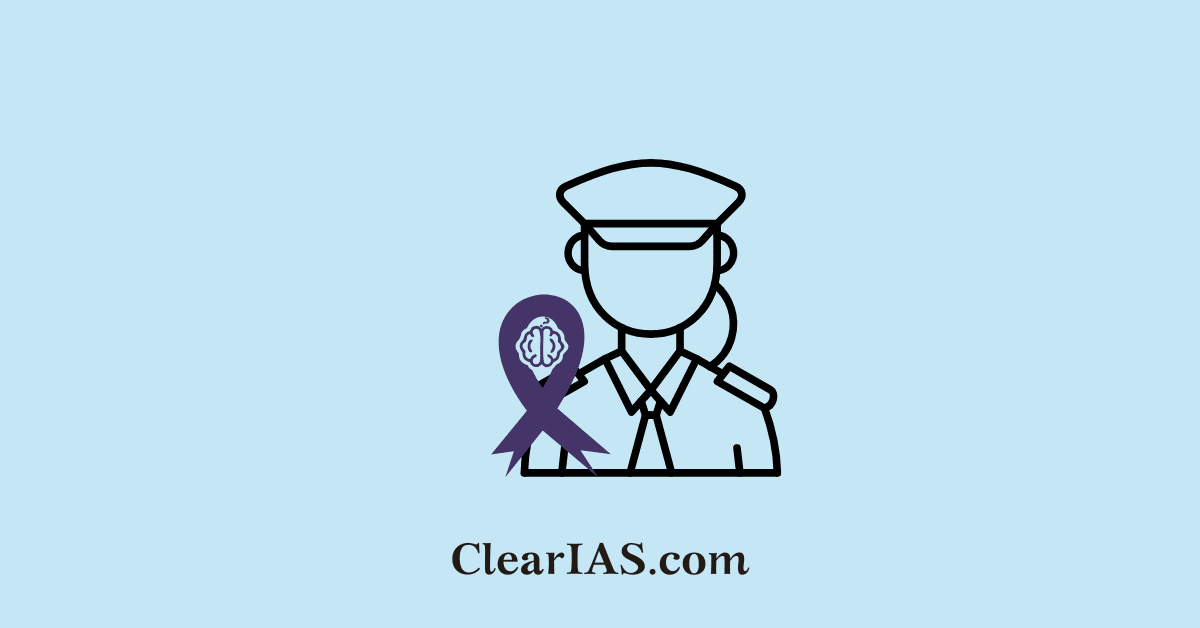
The mental health of pilots is emerging as a crucial but often overlooked aspect of aviation safety. Recent incidents, including the Air India Boeing 787 accident in Ahmedabad (June 2025), have reignited public debate on this sensitive issue. Globally, numerous events have shown how untreated mental health conditions in the cockpit can have catastrophic consequences. Read here to learn more.
The tragic Air India Boeing 787 incident in Ahmedabad (June 12, 2025) has reopened discussions on the mental health of pilots, a subject long considered taboo in aviation circles.
Globally, at least 19 documented pilot suicides have involved aircraft, the most infamous being Germanwings Flight 9525 (2015), where the co-pilot deliberately crashed the aircraft, killing 150.
Mental fitness, unlike physical fitness, remains under-addressed due to stigma, fear of career consequences, and institutional neglect.
Challenges in Addressing the Mental Health of Pilots
- Stigma and Underreporting
- Pilots often avoid seeking help, fearing loss of medical certification and grounding.
- Mental health is often perceived as a career-ending diagnosis.
- Institutional Inertia
- Airline HR departments and regulators often lack robust, proactive frameworks for mental health.
- Reactive culture, intervention occurs only post-incident or post-symptom.
- High-Stress Environment
- Pilots deal with irregular schedules, sleep deprivation, long-haul fatigue, and performance pressure.
- Isolation and family strain are common, especially in international aviation.
- Regulatory Limitations
- The DGCA (India) and many other regulators focus on physical parameters during medical evaluations.
- Until recently, even the FAA (U.S.) did not formally incorporate comprehensive mental health evaluations.
Institutional Response: Where Do We Stand?
In India:
- The DGCA (Directorate General of Civil Aviation) requires periodic medical exams but lacks mandatory mental health assessments.
- Peer support systems or counselling programs are not widely institutionalized in most Indian airlines.
Globally:
- The FAA (U.S.) has established a Mental Health and Aviation Medical Clearances Rulemaking Committee.
- European agencies (EASA) have issued post-Germanwings guidelines for confidential reporting and mental health screening.
Mental Health of Pilots: Ethical Dimensions
The issue of pilot mental health also raises several ethical questions.
- Airlines and regulators have a duty of care to ensure the well-being of their employees.
- Ignoring mental health needs violates principles of beneficence (doing good) and non-maleficence (do no harm). It also compromises public safety.
- Ethicists like Immanuel Kant argue that individuals should be treated as ends in themselves and not merely as means to an end.
- By prioritizing performance over well-being, the current system reduces pilots to mere cogs in the machine, undermining their dignity and autonomy.
- John Rawls’ theory of justice would advocate for a fair and equitable support system for all pilots, ensuring that even those struggling with mental health are not excluded or penalized unfairly.
Mental Health of Pilots for Safer Cockpits
- Confidential Psychological Assessments
- Regular, scientifically validated mental health screenings should be integrated into pilot medical evaluations.
- These should be conducted confidentially, with data privacy and ethical safeguards.
- Peer Support Programs
- Establishing anonymous, non-punitive peer support networks can encourage pilots to discuss mental health issues without fear.
- These networks have proven effective in countries like the U.S. and Germany.
- Workplace Wellness Initiatives
- Airlines should implement wellness programs that include stress management workshops, resilience training, and access to mental health professionals.
- Scheduled rest periods, better roster planning, and support for family life can mitigate burnout.
- Policy and Legal Safeguards
- Governments must frame and enforce legislation that ensures pilots are not discriminated against for seeking mental health support.
- Whistleblower protection, job security assurances, and non-punitive medical leave policies are essential.
- Public Awareness and De-Stigmatization
- The media, educational institutions, and aviation stakeholders should work together to normalize conversations around mental health in aviation.
- Awareness campaigns can help shift public perception and reduce stigma.
- The Role of Technology
- Emerging technologies such as AI and biometric monitoring can play a role in detecting early signs of stress or fatigue.
- While this raises ethical privacy concerns, with proper regulation, such tools could become valuable supplements to human observation.
Way Forward
- Confidential Mental Health Screening
- Introduce regular psychological assessments as part of annual medical checks.
- Ensure they are non-punitive and confidential, encouraging honesty.
- Peer Support Programs
- Establish confidential platforms for peer counseling, modelled on the U.S. Aviation Medical Assistance programs.
- Encourage open dialogue within airline communities.
- Training & Awareness
- Sensitize aviation managers, HR professionals, and crew to identify early signs of distress.
- Offer mental health first aid training to co-pilots and cabin crew.
- Fatigue and Work-Life Balance
- Implement fatigue risk management systems (FRMS) and ensure proper rest periods.
- Offer support for managing family stress and social isolation.
- Policy and Legal Reform
- Amend civil aviation regulations to include mandatory mental health protocols.
- Protect pilots from discrimination or punitive measures when seeking help.
Conclusion
The mental health of pilots is not a peripheral issue; it is central to aviation safety and ethical governance. India must move beyond reactive discussions and embrace a proactive, compassionate, and systematic approach. Mental health support should not be seen as a regulatory formality or a public relations checkbox, but as a moral and operational imperative.
As air travel continues to grow and safety becomes more data-driven, the mental health of pilots must no longer remain the “elephant in the cockpit.” A compassionate, confidential, and systemic approach, supported by science, ethics, and law, is essential.
The goal should be to build a resilient aviation workforce, where seeking help is seen not as a weakness but as a mark of professionalism and responsibility.
Read:







Leave a Reply